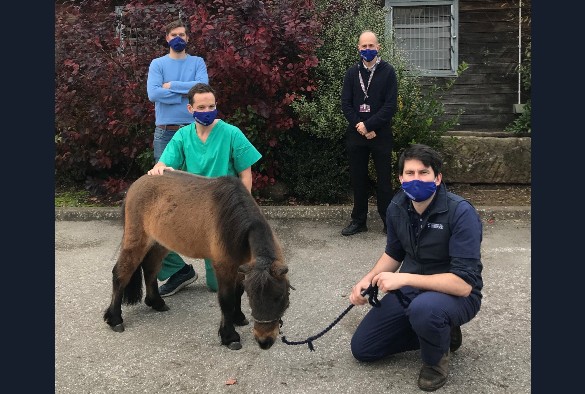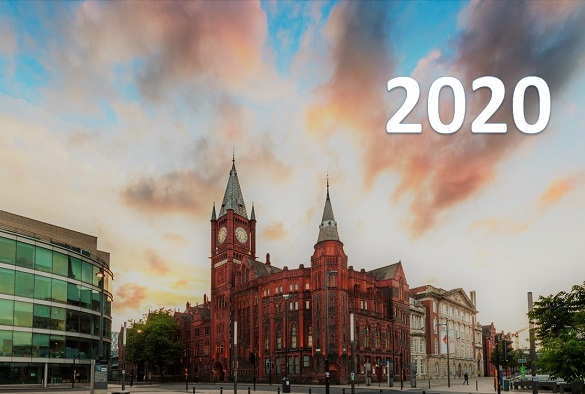
This year has been a year like no other. As we head towards the New Year, we look back at some highlights from across University News over the past twelve months including some of the many examples of how our staff and students have tackled the challenges presented by the Covid-19 pandemic.
At the beginning of the year, the new £35M ‘live-learn’ facility for the University of Liverpool International College, located in Paddington in the Knowledge Quarter, opened its doors.

In January, the former Chief Medical Officer, Dame Sally Davies, helped launch an ambitious new chapter for the Centre of Excellence in Infectious Diseases Research (CEIDR).
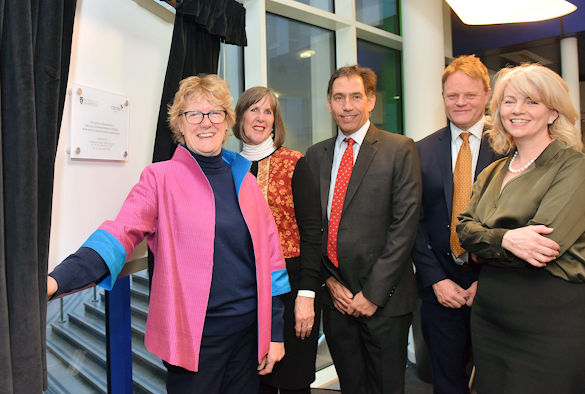
With the coronavirus outbreak spreading rapidly across the world, a pandemic was declared on March 11 2020.
Professor of Outbreak Medicine, Calum Semple, set up the £1.1million Outbreak lab, one of the first projects to receive Government funding, to investigate the course of disease and the effects of treatment.
The lab began collecting blood samples and clinical data from thousands of Covid-19 patients in hospitals across the UK and the project is now the largest of its kind in Europe. One of its most significant findings so far is that being male or obese reduces chance of survival from Covid-19.
Students also answered the call to help tackle the COVID-19 crisis with more than 230 final-year medical students volunteering to help on the frontline at local hospital trusts.

Meanwhile, the University’s School of Engineering used its expertise in 3D printing and laser cutting technologies to produce more than 15,000 3-D printed protective visors for use by healthcare staff in local NHS Trusts and partners.
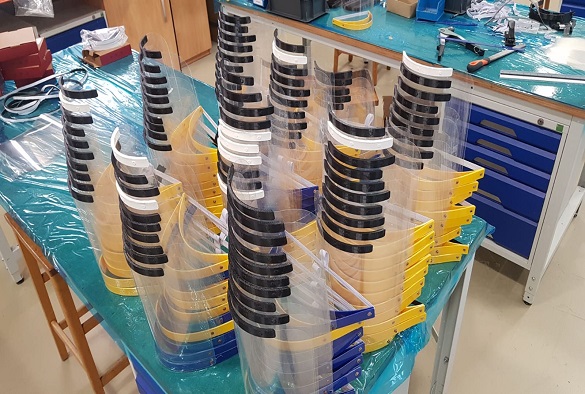
Researchers also applied their world-leading expertise in drug interactions to develop AGILE, an innovative drug testing platform to identify safe and effective potential treatments for Covid-19 as quickly as possible.
The pandemic meant that our graduation ceremonies had to be held online. However, to celebrate the occasion, His Royal Highness The Prince of Wales joined students, University staff, alumni and some famous faces to honour the incredible achievements of the Class of 2020.
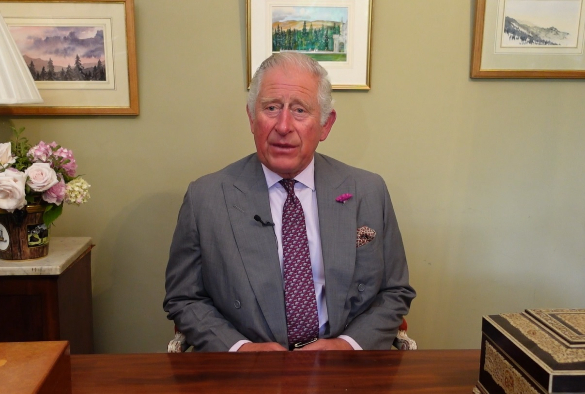
The threat of ongoing climate change and environmental degradation to the world was not overlooked with the launch of the Climate Futures research challenge.
The first published example of an intelligent mobile scientist featured on the front cover of Nature in July. Led by Professor Andy Cooper, the robot can work 24-7, carrying out experiments by itself and has already discovered a new catalyst.
A study by Professor Supriya Garikipati attracted significant global attention when it revealed that analysis across 194 countries found that COVID-19 outcomes for countries led by female led countries’ were “systematically and significantly better”.
In August, the University announced that it would name the new £22.1m teaching and performance facility in honour of Yoko Ono Lennon, an honorary graduate, campaign ambassador, cultural icon and long-standing philanthropic supporter to the University.
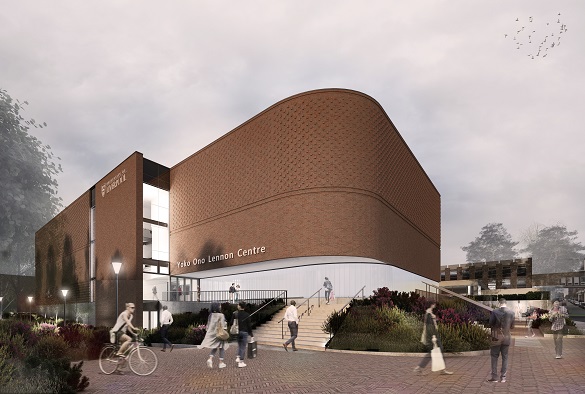
September saw the University of Liverpool Mathematics School welcome its first cohort of students. The first specialist Maths School to open in the North of England, students study an innovative and challenging A Level curriculum in an environment where talented young mathematicians can thrive and excel.
It was a big year for Royal Honours too. Professor Jane Hurst was recognised with an OBE for her services to animal welfare in the New Year Honours list. Later in the year, Professor Calum Semple, was recognised with an OBE in the Queen’s Birthday Honours for his services to the COVID-19 response.
A spin out company, Robotiz3d Ltd, was launched in the autumn which aims to use AI and robotics technology to significantly improve the way road defects, including pot holes and road cracks, are detected and repaired.
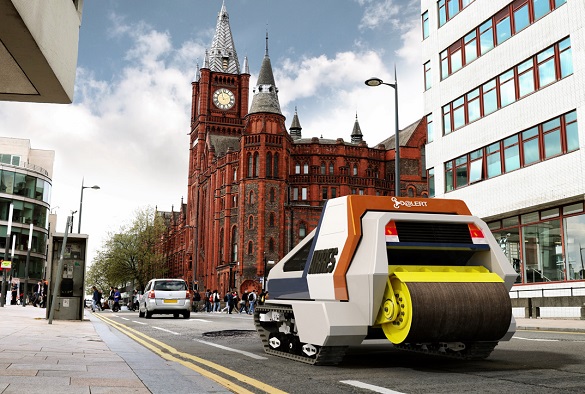
Artist’s impression of Robotiz3d’s ARRES model (Autonomous Road Repair System)
With a history of being at the forefront of innovative public health measures, researchers from the University undertook the role of evaluating Liverpool’s ground-breaking COVID-19 mass testing pilot and are sharing the results of their findings as they emerge.
Finally, clinicians at Leahurst undertook a very different challenge during lockdown in performing what is believed to be the world’s first successful total hip replacement on Duncan, the 85kg miniature horse.
